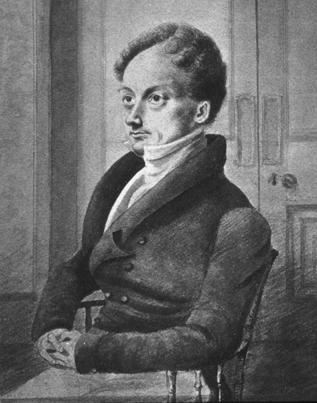Liberty Matters
The Golden Rule without the Sanction

An all-too-bemused friend has asked why I wrote about Bentham’s wonderfully outlandish Auto-Icon scheme. Were my irremediable personality flaws to blame? Or was there a larger and rather more pressing reason to mention Bentham’s mummy? The answer is simple: The participants in the Mill-Macaulay debate quite readily accepted that the Greatest Happiness Principle and the Golden Rule of Christianity were formally equivalent. [104] Where they did significantly differ with each other, however, was with respect to the supposed incentive-compatibility (or otherwise) of the Greatest Happiness Principle. Macaulay, for one, was adamant that the Benthamite principle was incentive-incompatible and amounted to barely “more than the Golden Rule of the Gospel without its sanction.” [105] Consequently, the Greatest Happiness Principle (while formally equivalent to the Golden Rule) was a wholly inadequate substitute for the Golden Rule of Christianity: The Golden Rule is “accompanied by a sanction of immense force. To a man whose greatest happiness in this world is inconsistent with the Greatest Happiness of the Greatest Number, is held out the prospect of an infinite happiness hereafter, from which he excludes himself by wronging his fellow creatures here.” [106] Indeed, Macaulay – misguidedly thinking he was debating Bentham himself (the “gloves” truly came off when Macaulay discovered his error and he promptly beat the proverbial “crap” out of T. Perronet Thompson) – insisted that the Golden Rule (rendered adequately incentive-compatible by the present expected value of the payoffs associated with heaven and hell) was somewhat akin to that “practical philosophy” upon which “penal legislation is founded.” [107]
As Macaulay aptly challenged Thompson: “[A] man may so greatly prefer the life of a thief to the life of a labourer, that he may determine to brave the risk of detection and punishment, though he may even think that risk greater than it really is.… [H]ow on Utilitarian principles, is such a man to be convinced that he is in the wrong?… We may say that the tastes of the thief and the tyrant differ from ours; but what right have we to say, looking at this world alone, that they do not pursue their greatest happiness very judiciously?” [108]
Thompson’s response failed – perhaps unsurprisingly – to adequately rebut Macaulay’s sharp critique of philosophic radicalism, with Thompson blithely asserting that the “greatest happiness of the individual … [is] in the long run to be obtained by pursuing the greatest happiness of the aggregate.” [109] Macaulay, of course, was unpersuaded: The Westminster Review has “taken the precept of Christ, and left the motive.… [A]ll that they have done has been to make a most useful maxim useless by separating it from its sanction.” [110]
Hence, the reason to mention Bentham’s wonderfully fascinating surrogate for the Christian afterlife. Perhaps Professor Ball will tell us how he found Bentham’s dinner conversation? I envy his having dinner with the noble JB.
Endnotes
[104.] “There is no war between Christianity and philosophy. Pure and undefiled Christianity is sound philosophy.” T. Perronet Thompson “‘Edinburgh Review and the ‘Greatest Happiness’ Principle,’” reprinted in Utilitarian Logic and Politics, ed. Jack Lively and John Rees (Oxford: Clarendon Press, 1978), p. 245. See David M. Levy, How the Dismal Science Got Its Name: Classical Economics and the Ur-Text of Racial Politics (Ann Arbor, Mich.: University of Michigan Press, 2001).
[105.] Macaulay’s June 1829 “Bentham’s Defence of Mill: Utilitarian System of Philosophy” is reprinted in Utilitarian Logic and Politics, p.176.
[106.] Ibid. 175-76.
[107.] Ibid. 176.
[108.] Macaulay, “Utilitarian Theory of Government, and the ‘Greatest Happiness Principle’” (1829), in Utilitarian Logic and Politics, p. 217-218.
[109.] T. Perronet Thompson, “Edinburgh Review and the ‘Greatest Happiness’ Principle’” (1829), in Utilitarian Logic and Politics, p. 187.
[110.] “Utilitarian Theory of Government, and the ‘Greatest Happiness Principle,’” p. 221.
Copyright and Fair Use Statement
“Liberty Matters” is the copyright of Liberty Fund, Inc. This material is put on line to further the educational goals of Liberty Fund, Inc. These essays and responses may be quoted and otherwise used under “fair use” provisions for educational and academic purposes. To reprint these essays in course booklets requires the prior permission of Liberty Fund, Inc. Please contact oll@libertyfund.org if you have any questions.